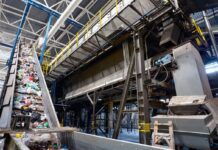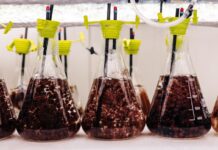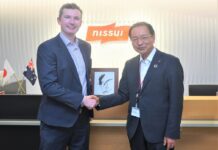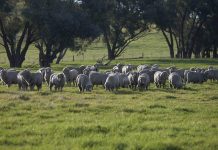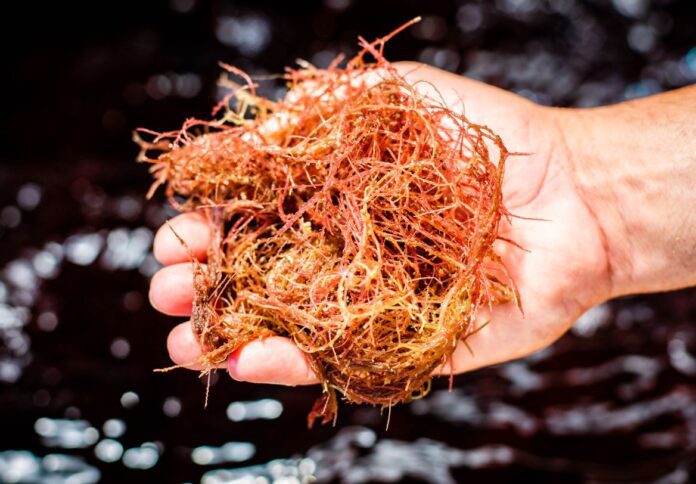
Climate technology company CH4 Global has ventured into a partnership with Siemens to support the use of Asparagopsis seaweed as cattle feed supplements to reduce enteric methane emissions.
As part of the memorandum of understanding, CH4 Global will be able to access Siemens’ technological skills and capabilities in digitalisation and automation to reduce methane emissions and global greenhouse gas produced by the livestock industry.
Tim Williams, COO of CH4 Global, said the collaboration with Siemens will fill a crucial role in the company’s mission to bend the climate curve.
“Rapidly scaling up and commercialising our products for a potential global market requires deep expertise with digitalization and automation technologies – something which Siemens is renowned for. And as we help our customers achieve environmental sustainability, it is also important for us to achieve technological and business sustainability in our production facility. This is where we rely on the expertise and prowess of Siemens to help maximise our efficiencies to help build sustainability into all aspects of the facility and its operation,” Williams said.
Peter Halliday, chief executive and chairman of Siemens Australia and New Zealand, said digitalisation technologies will allow companies like CH4 to establish digital twins of their facilities, enabling them to design, test, and eliminate waste before physically pursuing the project.
“Australia and much of the world has committed to Net Zero by 2050. Digitalizing our industries and growing their innovative solutions goes hand in hand with accelerating outcomes for climate change. CH4 Global has incredible potential with their innovative feedstock solution to potentially shift the needle globally on climate targets,” Halliday said.
CH4 is the first company in the world to obtain an intellectual property licence based on the original scientific research that proved the methane-mitigating benefits of the Asparagopsis seaweed.
The company was also awarded a grant from the South Australian government, backing its plans to develop stock feed products from native seaweed in the state.




